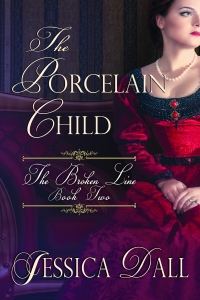The paperback of The Stars of Heaven has finally made past production delays (thanks, 2020…) and is available for purchase! To celebrate, today’s blog is an excerpt from Chapter One. I hope you enjoy!

Glancing at the parishioners spilling out the door of Nossa Senhora dos Mártires into the square in front of the basilica, Cecília was left with the sinking feeling that it was getting far closer to ten than she’d originally estimated. Even if she had convinced Tio Aloisio to come to the Baixa with her, they would have had no chance to make it to São Vincente in time for High Mass. All she could hope was that no one had noticed she’d gone, and the entire morning would be one more thing she would have to privately confess at the Palmeiro’s.
She slowed them to a stop just outside the square by another niche—one holding a thick wooden crucifix—and pointed east. “Rua Nova dos Mercadores is that way, if you’d like to part ways here.”
“I’m more than happy to walk you the rest of the way home, Senhorita Durante.”
Because after everything, she needed someone from her bairro seeing her wandering about alone with an Englishman. “With the crowds, I imagine that would make you late for your meeting.”
A conflicted expression moved over Mr. Bates’s face as he scanned the crowd for himself, no doubt seeing she was right.
She saved him the trouble of having to weigh whatever duty he felt to her and however important he considered his meeting. “I’ve lived in Lisbon my entire life, Mr. Bates. I’m certain I’ll be able to make it home without your assistance.”
Mr. Bates began to give one more halfhearted objection before a low rumble moving through the ground made him trail off. Cecília frowned, looking for an approaching coach, though from the way the sound was growing, it would have had to have been a line of coaches barreling toward them.
“What’s that?” Mr. Bates followed Cecília’s gaze.
Cecília shook her head, not having any better idea than Mr. Bates. The rumbling grew stronger, making loose pebbles rattle around her feet as the sound neared a roar.
Earthquake. The thought registered a second too late as the street under her rolled. Cecília tipped forward as shouts went up, mixing with discordant clanging church bells. She put her hand out to brace herself, but the ground lurched again. Her shoulder slammed into the curve of the niche then bucked the other way. She hit cobblestone hard.
The wall of the building across from her split, chunks of white plaster raining down across the street. Rough brick showed through as the ground continued its assault. Then the brick started to tilt. Eyes widening, Cecília curled into herself, everything happening too quickly to make sense. The wall fell. Hard chunks pelted her as it kicked up a cloud of dust so thick that she had no choice but to close her eyes.
Slowly, the shaking slowed, and the roar was replaced by a cacophony of the most horrible sounds Cecília had ever heard—screaming, crying, panicked whinnies of horses. Cecília’s body seized. She tried to unfurl, but her muscles wouldn’t release. Shock kept her curled, eyes squeezed shut as though everything would stop if she didn’t look, as though she would wake up in her bed, the morning a dream. A new roar rose over the screams a second before the rumbling returned. Crying, she dropped her forehead to the ground, mumbling some prayer for mercy as Hell rose up around her. “Misericorda. Misericorda de Deus.”
There was more screaming, more crashing, a loud snap, and pain shooting across her back. Somewhere, her mind registered that something hard had landed on top of her. She choked on dust as she gasped, trying to suck in what air she could under the crushing weight. Time began to blur. Nothing existed beyond the roar and rocking and pain.
The ground slowly stilled once again—after how long, Cecília couldn’t begin to imagine—but she still couldn’t breathe. She struggled to reach whatever had pinned her. One hand touched smooth wood—the crucifix from the niche. She pushed, but it wouldn’t shift. Something had to have been on top of it, pressing into the cross as it pressed into her. Her sight began to blur, her chest not able to expand enough to take in air. As hard as she fought to remain conscious, her mind turned fuzzy.
The third roar barely registered until the crucifix shook loose. Cecília gasped. She ended up coughing, thick dust coating her throat. No longer completely pinned, she still had to fight to free herself. Rough bricks scraped her palms, but they shifted as the shaking stopped, letting Cecília inch her way forward. She could find her way out, if she just kept moving…
Reaching out once more, her hand hit nothing. She froze, the sensation not making sense until she realized she had reached open air. The day had simply turned pitch black.
And the Lord said unto Moses, Stretch out thine hand toward Heaven, that there may be darkness over the land of Egypt, even darkness which may be felt. The words floated through Cecília’s mind, and she crossed herself before she realized how much pain the movement caused. She couldn’t bring herself to rise from her knees. God had thrown her and the whole city down into the earth. There was no other explanation.
Slowly, some light began to filter through the haze in the air, and Cecília’s eyes struggled to adjust. The sight was worse than the darkness. Bodies poked through piles of stone—men with their heads dashed open, mangled limbs reaching out as if trying to free themselves even without the bodies to which they had once been attached. Others were still alive, and some cried for help, some already fleeing over the rubble. They weren’t in Hell. But Lisbon seemed worse.
Buy The Stars of Heaven today in ebook or paperback:






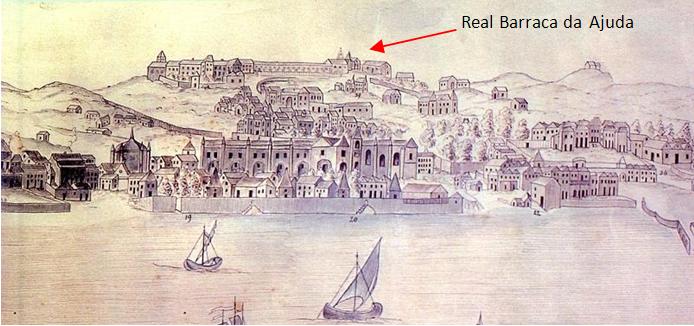



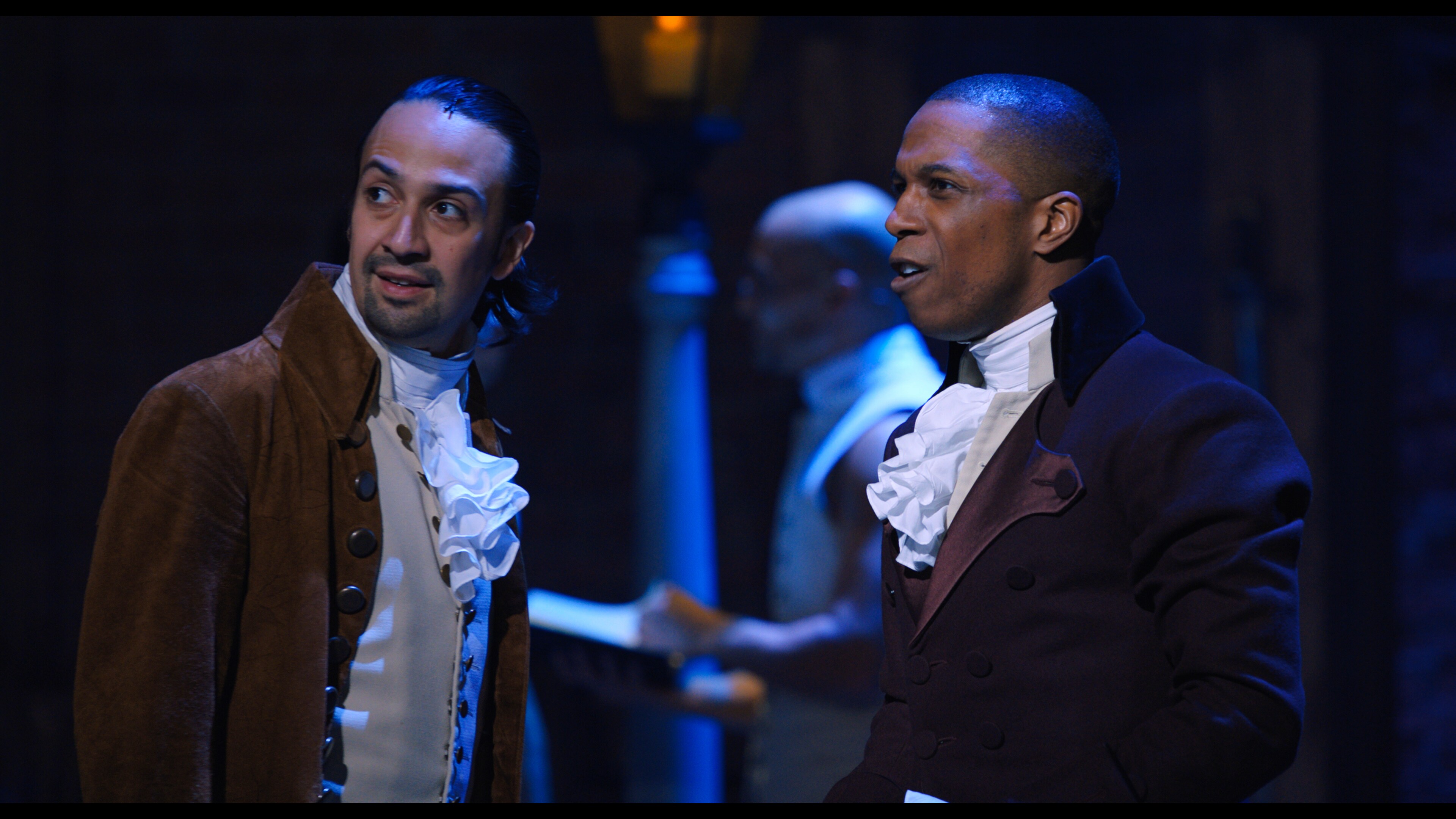
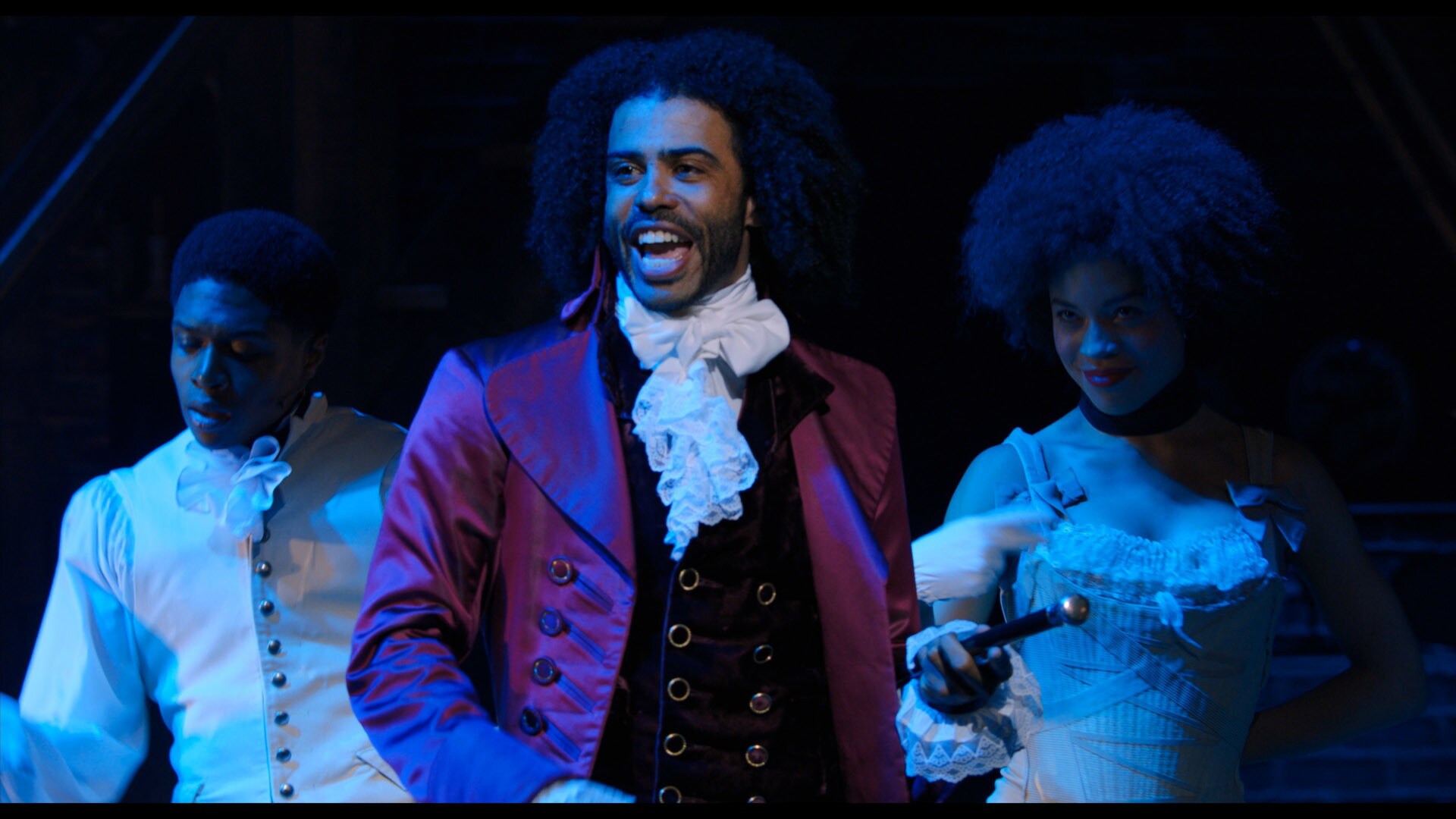

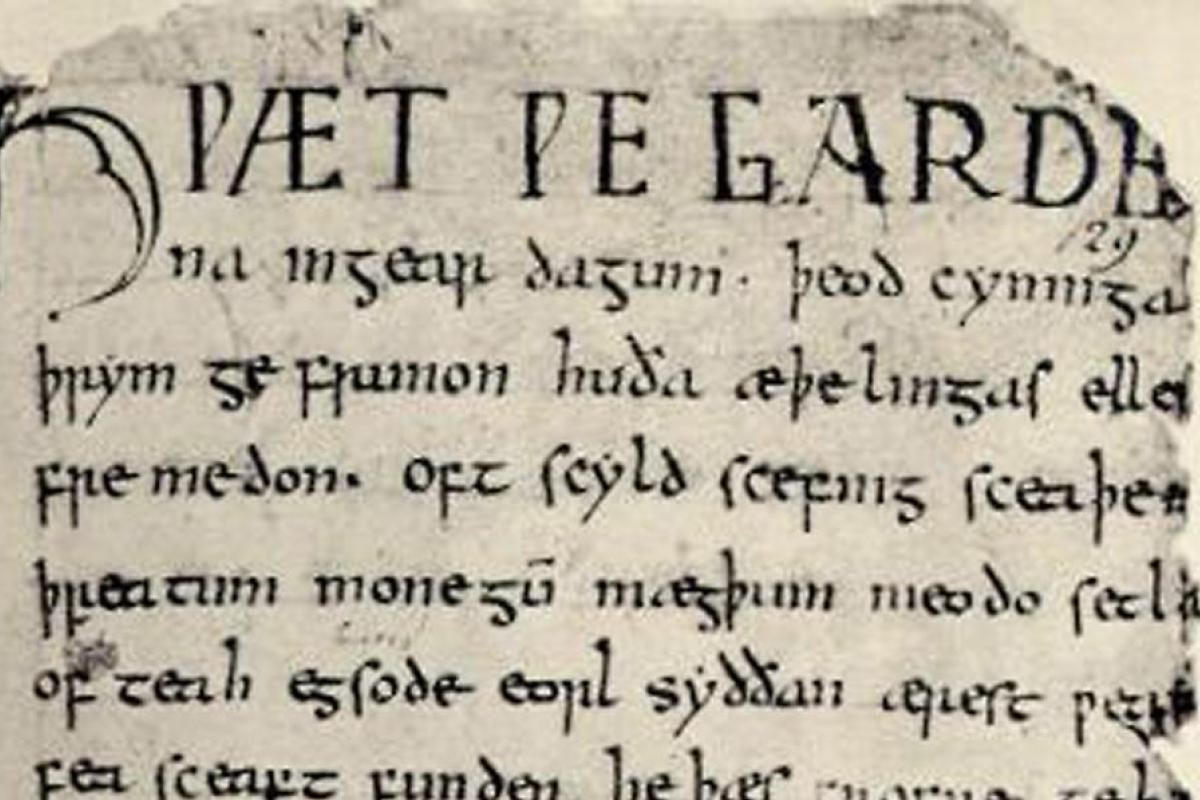
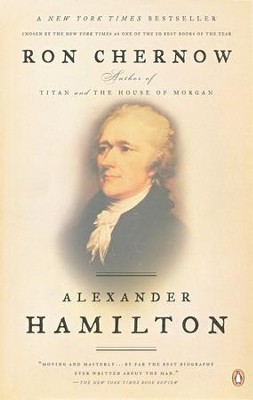


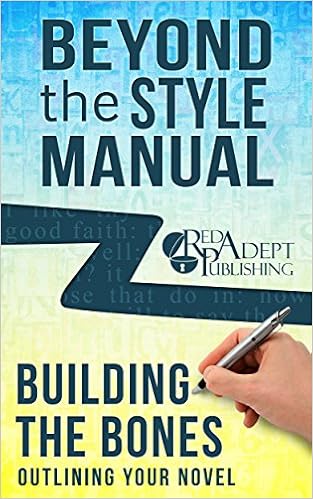
 er Tash always follows the path of least resistance. He has an unusual disability involving his hearing. But in theocratic Latysia, being different isn’t a good thing, so he conceals his problem.
er Tash always follows the path of least resistance. He has an unusual disability involving his hearing. But in theocratic Latysia, being different isn’t a good thing, so he conceals his problem.
